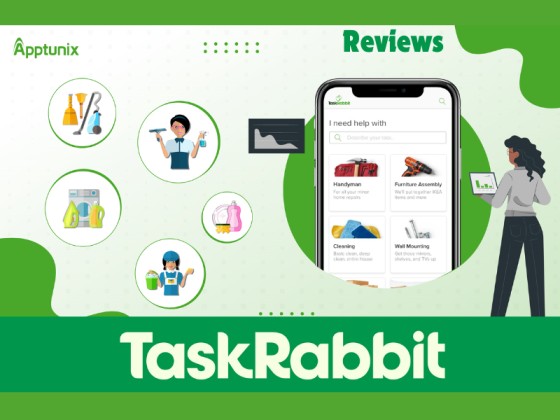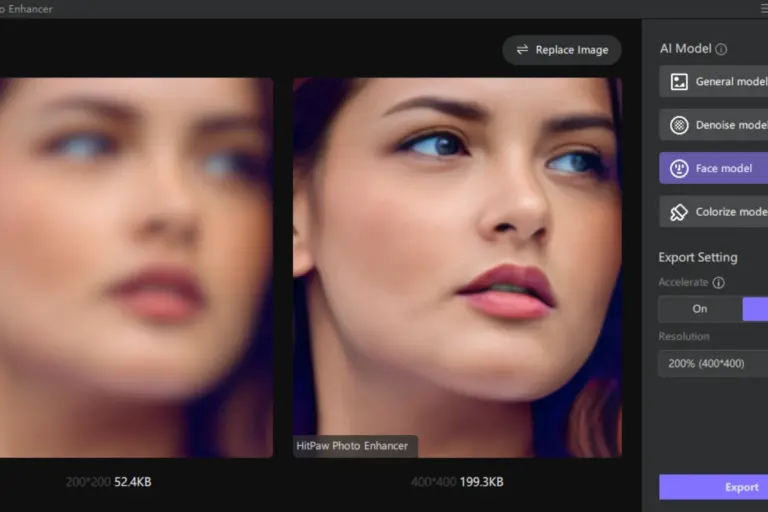ResearchGate- Why is This a Game-Changer for Scientists and Researchers 2024

In today’s digital age, one platform stands out as a vital resource for the scientific and academic community: ResearchGate. This innovative site has redefined research collaboration, providing a space where scientists, academics, and researchers come together to share knowledge, advance discovery, and work toward the future of science.
The Birth of ResearchGate

Established with a clear mission to create inquiries about available and advanced collaboration, ResearchGate has gotten to be a foundation of the scholarly world. By advertising a stage where analysts can share their papers, inquire questions, and discover collaborators, it has democratized the way information is dispersed and traded. What once required formal channels and regulations can now be shared across borders and disciplines with a couple of clicks.
How to Use ResearchGate
Step 1: Register and Create Your Profile
- Visit ResearchGate.net: Begin by heading to the site and finding the enrollment page.
- Sign Up: Utilize your organization mail for simpler confirmation. Fill in subtle elements like your position and institution, and inquire about the field.
- Verify Your Email: After marking up, check your mail for a confirmation, connect, and activate your account.
Step 2: Complete Your Profile
- Add Your Background: Fill in your instructive subtle elements and abilities, and inquire about the interface to deliver your profile more profundity.
- Upload a Professional Photo: A clean, proficient headshot makes a difference personalize your profile and make it more congenial.
Step 3: Add Your Publications
- Manually Add Publications: In the event that your work isn’t recorded, you’ll be able to physically enter the subtle elements of your distributions.
- Claim Automatically Added Publications: ResearchGate may as of now list a few of your distributed work; basically claim them to include in your profile.
- Upload Full Texts: In case conceivable, transfer the complete adaptation of your papers to extend the accessibility and permeability of your investigation.
Step 4: Connect with Colleagues
- Search for Peers: Use the search feature to find colleagues or researchers in your field.
- Send and Accept Requests: Connect with others to build a strong network of like-minded professionals.
Step 5: Engage in Discussions
- Ask and Answer Questions: Take part in ResearchGate’s Q&A segment by inquiring about research-related questions or sharing your information with others.
- Join Discussions: Lock in discussions around your field of mastery to trade thoughts and gain bits of knowledge from peers.
Step 6: Stay Informed on Research
- Follow Topics: Select subjects important to your investigate interface to get overhauls on modern discoveries and dialogs.
- Set Up Alerts: Keep track of modern distributions or upgrades in your field by setting up notifications.
Step 7: Track Your Impact
- Check Statistics: Frequently screen your profile’s effect, counting quotation checks and peruses.
- Update Your Profile: Ensure your profile is continuously up to date with unused distributions and investigate achievements.
Key Features of ResearchGate

ResearchGate’s user-friendly interface allows for effortless interaction among its users. It enables researchers to:
- Upload publications for global access.
- Engage in research discussions.
- Receive personalized recommendations for research, collaborators, and projects.
The platform’s proposal motor is especially valuable, recommending important papers, analysts, and subjects based on your profile and action. This personalized encounter keeps analysts locked in and educated about almost the most recent advancements in their areas.
Must Read:
- Wooting 80HE Keyword: Review, Release Date, Price
- Promova App Review: Is This Language Learning Tool Worth It?
Pros and Cons of ResearchGate
| Pros | Cons |
|---|---|
| Wide Network: Connect with global researchers. | Limited to Academics: Primarily useful for scholars. |
| Access to Research: Open access to publications. | Verification Issues: Some users face delays in verification. |
| Easy Collaboration: Find and collaborate with peers. | Not All Research Is Free: Some papers are still behind paywalls. |
| Q&A Feature: Ask and answer research questions. | Profile Setup: Initial profile setup can be time-consuming. |
| Real-time Updates: Get alerts on new research. | Overcrowded Fields: Popular fields may have information overload. |
| Personalized recommendations: based on interests. | Reputation Misuse: Potential for misuse of academic reputation. |
| Impact Tracking: Monitor citations and readership. | Quality Control: Not all uploaded papers are peer-reviewed. |
| Free to Use: Most features are available for free. | Data Privacy: Concerns about data privacy and ownership. |
The Impact of ResearchGate on Scientific Collaboration
ResearchGate has reshaped how researchers and scholastics collaborate, breaking down obstructions that once constrained access to information. The stage empowers cross-disciplinary interaction and makes it simpler for analysts to find unused collaborations, indeed with peers from diverse parts of the world.
ResearchGate and Open Access
One of ResearchGate’s most noteworthy commitments is its bolster of open access. By permitting analysts to transfer their full-text distributions, the stage guarantees that the investigation can reach a more extensive group of onlookers, in any case of paywalls. This open-access approach not only advances straightforwardness but also stimulates worldwide logical headway by making information open to all.
ResearchGate has without a doubt changed the way inquiry is conducted and shared within the computerized time. It proceeds to be an effective apparatus for collaboration, advancement, and advancement, permitting analysts from around the world to thrust the boundaries of logical information together.

![Reality of GearPatrol Is Their Reviews Genuine? [2024] GearPatrol](https://mediatalky.com/wp-content/uploads/2024/04/attachment_3B_20filename_3Db7384ebc-9502-4ae4-a037-71f3a35b8949-1-768x439.jpg)




![Nibble App Review: Discovering the Best Restaurants Made Easy [2024] Nibble App Review](https://mediatalky.com/wp-content/uploads/2024/06/Nibble-App-Review-768x576.jpg)